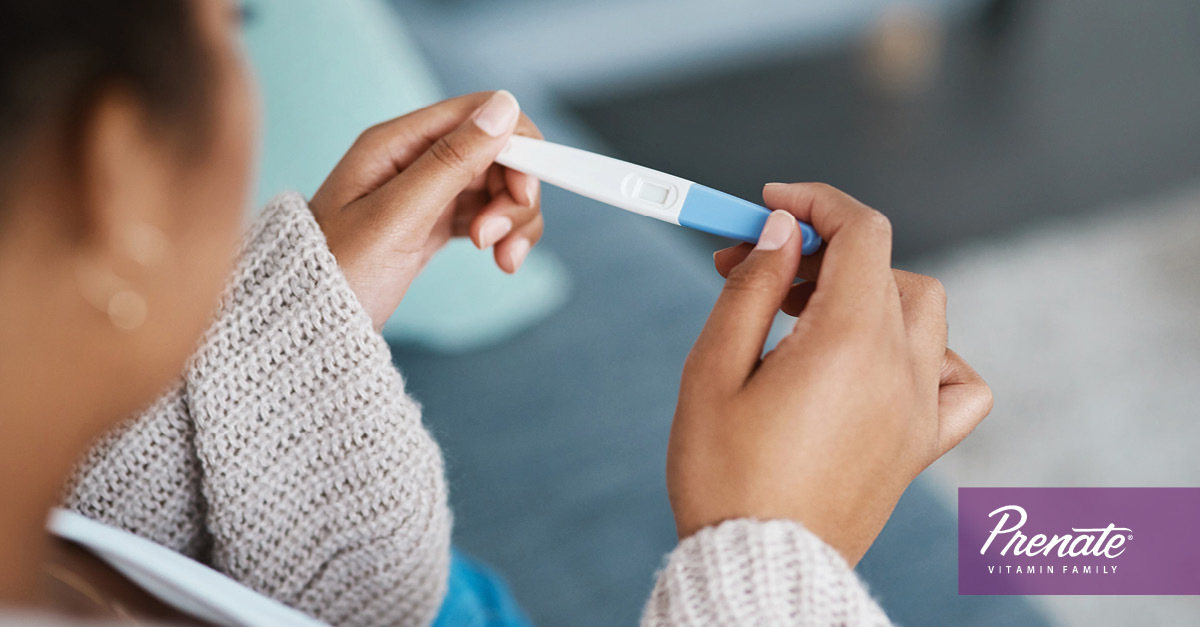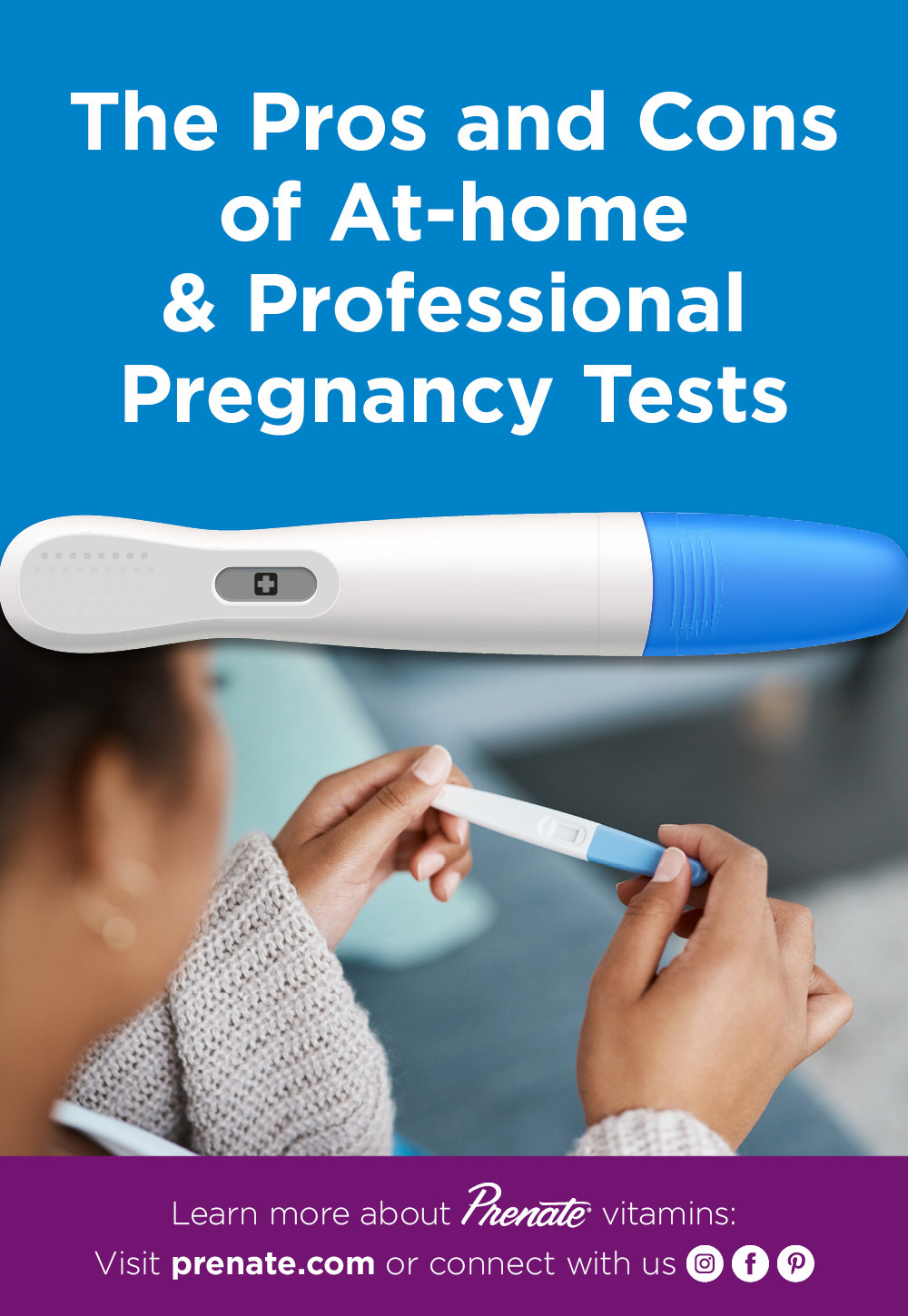Pregnancy Testing: At-Home vs Professional
August 22, 2021
Whether a suspected pregnancy is planned or not, many women will start with an at-home pregnancy test to determine if they are pregnant. If it turns out positive, they schedule a visit with their doctor for a follow-up test. You might be wondering what the difference is between the two tests. We’ll help moms-to-be understand how home and in-clinic pregnancy tests work, the accuracy of each, and other considerations.How Pregnancy Tests Work
By using a sample of your urine or blood, pregnancy tests look for the presence of human chorionic gonadotropin, or hCG. This hormone only develops in the body during pregnancy. The production of hCG doubles every three days and peaks at eight to 11 weeks.1
When to Take a Pregnancy Test
Some pregnancy tests are more sensitive than others and can detect pregnancy as early as one day after you miss your period. Others can detect pregnancy within a week. There are two main types of pregnancy tests: urine tests and blood tests. Both detect the amount of hCG in the body.
At-Home Pregnancy Test
Urine tests are commonly used as at-home pregnancy tests. You can purchase these at most pharmacies, grocery stores, and other retail locations and use them in the privacy of your own home. Depending on the type of test you purchase, you could have a result within minutes.
Home pregnancy tests are very accurate – about 97% – when used correctly. Keep in mind that your body needs time to build up the hCG hormone, so if you take the test too early, it is possible to get a negative result when you might really be pregnant. Here are some tips for reducing the chances of a false-negative test:2
- Read the directions completely before taking the test.
- Follow every step exactly as written.
- Test using your first morning urine when hCG levels are most concentrated.
- Make sure your bladder is full for at least four hours if you have to test another time of day.
- Refrain from drinking excessive amounts of fluid before testing because it can dilute your hCG levels.
Medical Office Pregnancy Test
If you get a positive result from your home pregnancy test, the next step is to have your doctor confirm it with either another urine test or a blood test. A blood test is more sensitive than a urine test and can pick up hCG earlier in the pregnancy, about six to eight days after ovulation. Doctors use two types of blood tests: quantitative and qualitative hCG. The first measures the exact amount of hCG in your blood – even the tiniest amounts. The second is as accurate as a urine test and just checks to see if hCG is present.3
There is no shortage of decisions to be made when the pregnancy journey begins. For tips, guidance, and nutritional support, Prenate® is here for you.
Prenate® Vitamin Family
This post is brought to you by the Prenate® Vitamin Family, a line of prescription prenatal supplements designed to enhance preconception, prenatal, and postpartum nutrition in women. Talk with your doctor about how taking a daily prescription prenatal or postnatal vitamin could help support a healthy pregnancy and postpartum wellness.










